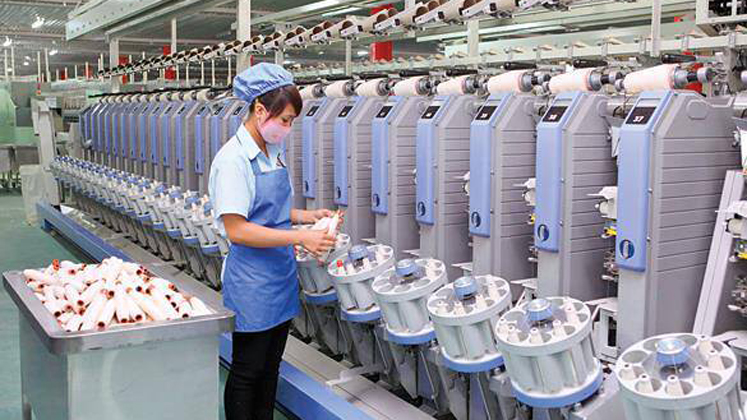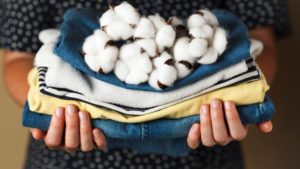According to the Vietnamese Ministry of Industry and Trade, greening the textile and garment industry is a global trend and businesses need to achieve sustainable development goals and increase exports to major markets that have signed FTAs.
The Vietnam Textile and Apparel Association (VITAS), as per VietnamBiz, has set a goal of ‘going green’ with a plan by 2023, reducing energy consumption by 15 per cent, water consumption by 20 per cent, transforming Vietnam’s textile and garment industry, and at the same time building 30 international brands.
Reportedly, grasping this need, many corporations and textile companies have built a strategy of green materials and applied them to produce sustainable ~ eco-friendly fashion.
Leading by example, Thanh Cong Textile and Garment Joint Stock Company (TCM), which has established Research and Business Development Center (R&BD) in 2015, has launched three environment-friendly product lines (recycled from plastic bottles, sugarcane, corn, old clothes…), seasonal functional products and convenient products for life.
This helped the company in 2020 when the COVID-19 epidemic broke out heavily and the importers cancelled the fashion order but TCM received many orders for antibacterial masks, contributing to stabilising the company’s revenue and profit – all thanks to earlier investment in sustainability.
Similar to Thanh Cong Textile, Faslink is one of the suppliers of green materials which are oriented towards the element of natural origin, friendly to the living environment, safe for users’ health, easily manipulated in apparel and can be decomposed over time.
Therefore, the Ministry of Industry and Trade believes that the story of ‘greening’ the textile and garment industry will be a long-term challenge for Vietnamese enterprises, as well as an opportunity for enterprises to expand their market share in a large market.







